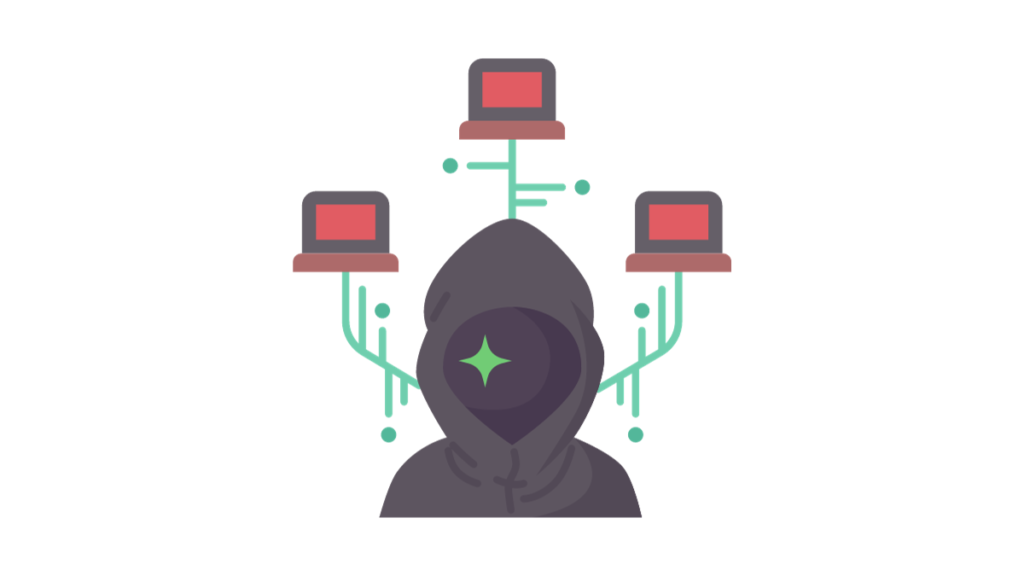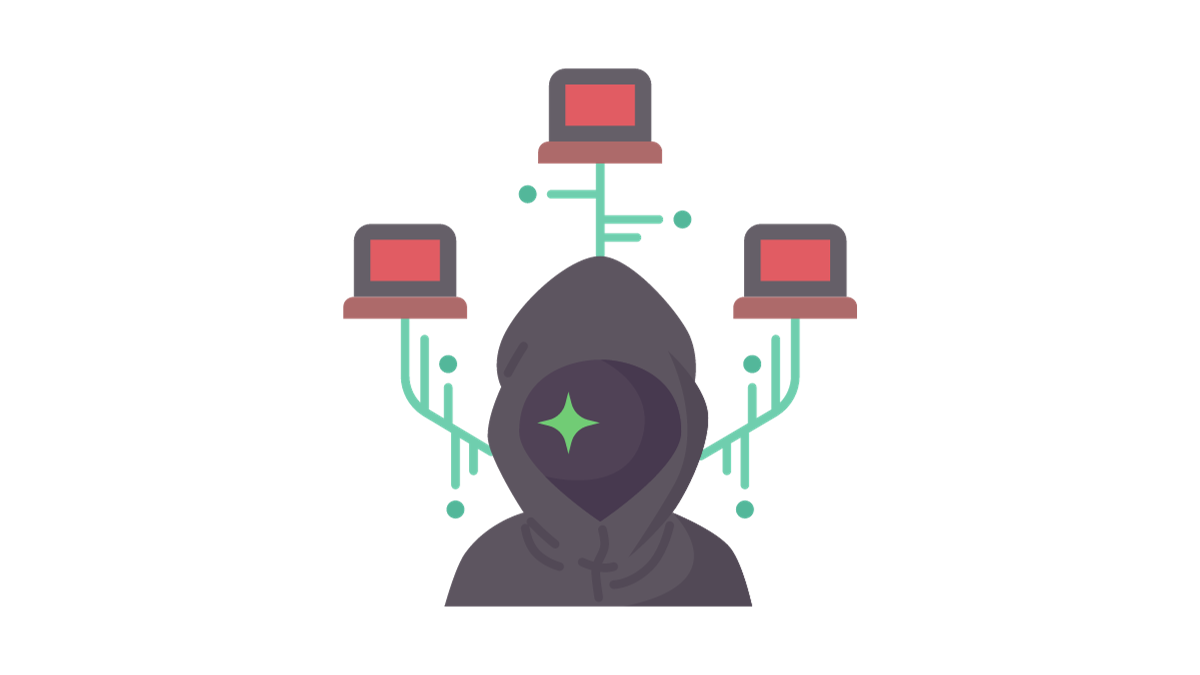Hackers Alert: In the digital age, where technology dominates every aspect of our lives, the risk of hacking has become a prevalent concern. With the increasing reliance on digital platforms for personal and professional purposes, safeguarding our digital assets is more critical than ever. In this article, we’ll explore 10 common ways hackers can compromise your digital security, potentially leading to the loss of valuable assets.
10 Common Ways of Hacking
Phishing Attacks
Phishing remains one of the most common and deceptive hacking methods. Hackers use fake emails, messages, or websites to trick individuals into revealing sensitive information such as passwords or credit card details. Always verify the legitimacy of emails and links before providing any personal information.

Weak Passwords
Using weak or easily guessable passwords is like leaving the front door of your digital assets wide open for hackers. Create strong, unique passwords for each account and consider using a reliable password manager to keep them secure.
Unsecured Wi-Fi Networks
Public Wi-Fi networks are convenient but often unsecured, making them a breeding ground for hackers. Avoid accessing sensitive information or conducting financial transactions on public networks. Use virtual private networks (VPNs) for an added layer of security.
Outdated Software
Failure to update software regularly can expose vulnerabilities that hackers exploit. Keep your operating system, antivirus programs, and other software up-to-date to ensure you have the latest security patches.
Social Engineering
Hackers often manipulate individuals into divulging confidential information through social engineering. Be cautious about what you share on social media, and verify the identity of individuals requesting sensitive information.
Malware and Ransomware
Malicious software, including ransomware, can infiltrate your system and encrypt or block access to your files. Regularly scan your devices for malware, and be wary of suspicious email attachments or links.
Insecure Websites
Shopping or sharing personal information on unsecured websites can compromise your digital assets. Look for “https://” in the website URL and use websites with secure payment methods.

Insider Threats
Not all threats come from external sources. Insider threats, whether intentional or unintentional, can pose a significant risk. Implement proper access controls and regularly monitor employee activities to mitigate this risk.
Internet of Things (IoT) Vulnerabilities
The proliferation of IoT devices has expanded the attack surface for hackers. Secure your IoT devices by changing default passwords, updating firmware, and disabling unnecessary features.
Lack of Two-Factor Authentication (2FA)
Two-factor authentication adds an extra layer of security by requiring an additional verification step. Enable 2FA wherever possible to enhance the protection of your digital accounts.
Conclusion: Hackers Alert
As technology advances, so do the tactics of hackers. Staying vigilant and adopting proactive security measures is crucial to safeguarding your digital assets. By understanding the common ways hackers exploit vulnerabilities, you can take the necessary steps to fortify your digital defenses and protect what matters most. Remember, it’s not a matter of if, but when the next cyber threat will emerge, so be prepared and stay one step ahead of the hackers.
TAGS: Hackers Alert, 10 Common Ways of Hacking, Hackers Alert, 10 Common Ways of Hacking, Hackers Alert, 10 Common Ways of Hacking, Hackers Alert, 10 Common Ways of Hacking, Hackers Alert, 10 Common Ways of Hacking
